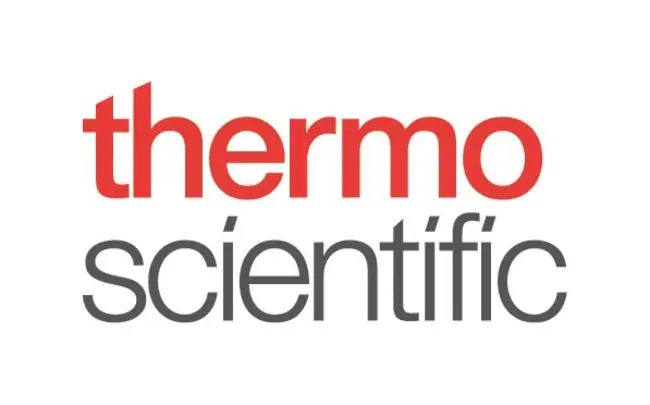Thermo Scientific™ p-Toluenesulphonyl chloride ≥98%
Catalog No :
CAS Number :
Brand :
In Stock
Specifications:
| Application | Analytical Chemistry | ||
| Storage Temperature | Ambient | ||
| Product Type | Laboratory Chemical | Forms | Powder |
| Product Brand | Thermo Fisher Scientific™ | ||
| Product Grade | Analytical grade | Formula | C₇H₇ClO₂S |
p-Toluenesulfonyl chloride (TsCl), with the molecular formula C₇H₇ClO₂S, is a white crystalline or powdered compound widely used in organic synthesis as a sulfonating and dehydrating agent. It is a derivative of toluene containing a sulfonyl chloride group, making it an essential intermediate for the production of numerous chemicals, dyes, saccharin, and other derivatives.
Key Features:
- Chemical Formula: C₇H₇ClO₂S
- Molecular Weight: 190.64 g/mol
- Purity: ≥97.5% (assay by GC)
- Appearance: White crystalline powder or crystals.
- Melting Point: 64.0–72.0°C
- Storage: Ambient conditions in a tightly sealed container, as it is moisture-sensitive.
Applications:
1. Organic Synthesis:
- Tosylation of Alcohols:
- Converts alcohols into toluenesulfonate esters, which serve as excellent leaving groups in nucleophilic substitution reactions.
- Carboxylic Acid Esterification:
- In the presence of alcohol, TsCl facilitates the formation of esters from carboxylic acids.
- N-Tosylation:
- Blocks imidazole groups in histidine and arginine residues during peptide synthesis. Tosyl groups can be removed using HF.
2. Catalyst and Dehydrating Agent:
- Dehydrates ureas to carbodiimides, a crucial intermediate in organic synthesis.
3. Industrial Applications:
- Used in the production of dyes and saccharin.
- As a flow-promoting agent in paints and adhesives.
- As a plasticizer for polyamides and a gloss enhancer in plastic film preparations.
- Serves as an antistatic agent in industrial processes.
4. Specialized Reactions:
- Promotes the synthesis of epoxides from 1,2-diols in the presence of strong bases.
- Converts 1,3-diols to oxetanes under specific conditions.
Chemical Properties:
- Solubility:
- Soluble in alcohol, benzene, and ether.
- Insoluble in water.
- Functional Groups:
- Sulfonyl chloride, facilitating nucleophilic substitution and leaving group reactions.
- Reactivity:
- Reacts readily with alcohols, amines, and carboxylic acids to form sulfonate esters, sulfonamides, and esters, respectively.
Handling and Storage:
- Moisture Sensitivity:
- TsCl is highly reactive with moisture; it should be stored in tightly sealed containers to prevent degradation.
- Incompatibilities:
- Avoid contact with strong oxidizing agents and strong bases to prevent unwanted reactions.
- Storage Conditions:
- Store at ambient temperature, away from moisture and direct sunlight.
Packaging Options:
- 250 g: Catalog No. A14547.30
- 500 g: Catalog No. A14547.36
- 1,000 g (1 kg): Catalog No. A14547.0B
- 5,000 g (5 kg): Catalog No. A14547.0I
Notable References:
- Tosylation of Primary and Secondary Alcohols:
- J. Org. Chem., 51, 2386 (1986).
- Epoxide Formation:
- Synthesis, 706 (1977).
- N-Tosylation for Peptide Synthesis:
- Bull. Chem. Soc. Jpn., 42, 1466 (1969).
Key Specifications:
| Property | Value |
|---|---|
| Melting Point | 64.0–72.0°C |
| Appearance | White crystalline powder |
| Assay (GC) | ≥97.5% |
| Infrared Spectrum | Conforms |
| Identification (FTIR) | Conforms |
Safety Notes:
- Hazards:
- Moisture-sensitive and reactive.
- Storage Recommendations:
- Store in a dry environment to maintain integrity and prevent degradation.
- Recommended Use:
- Suitable for laboratory research and industrial synthesis.
- Pack Size: 250g 1kg 500g 5kg




 0
0
